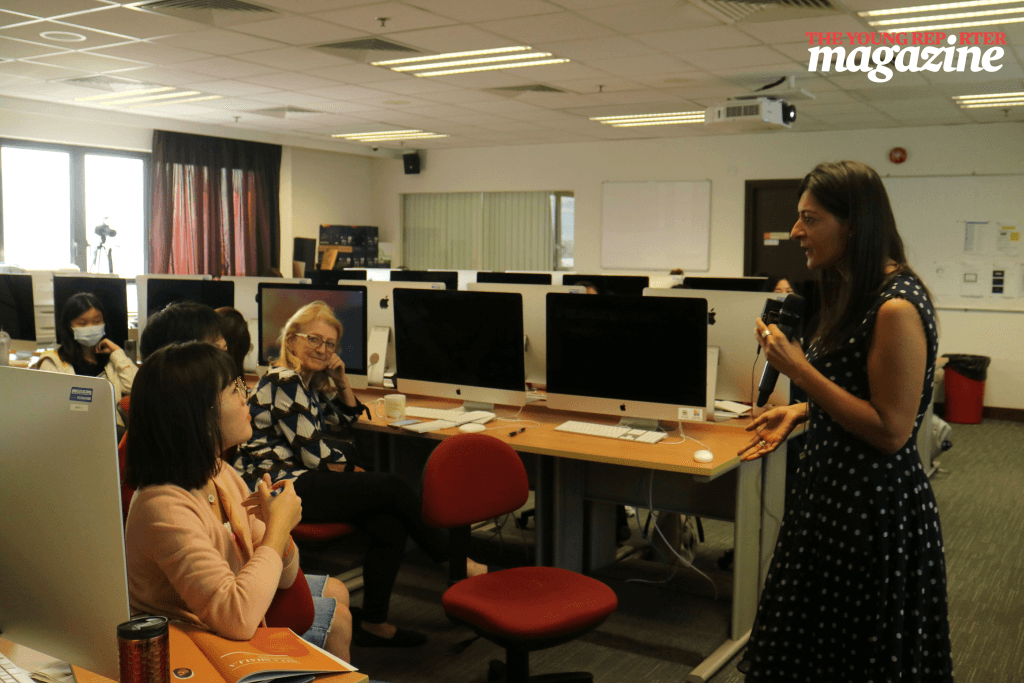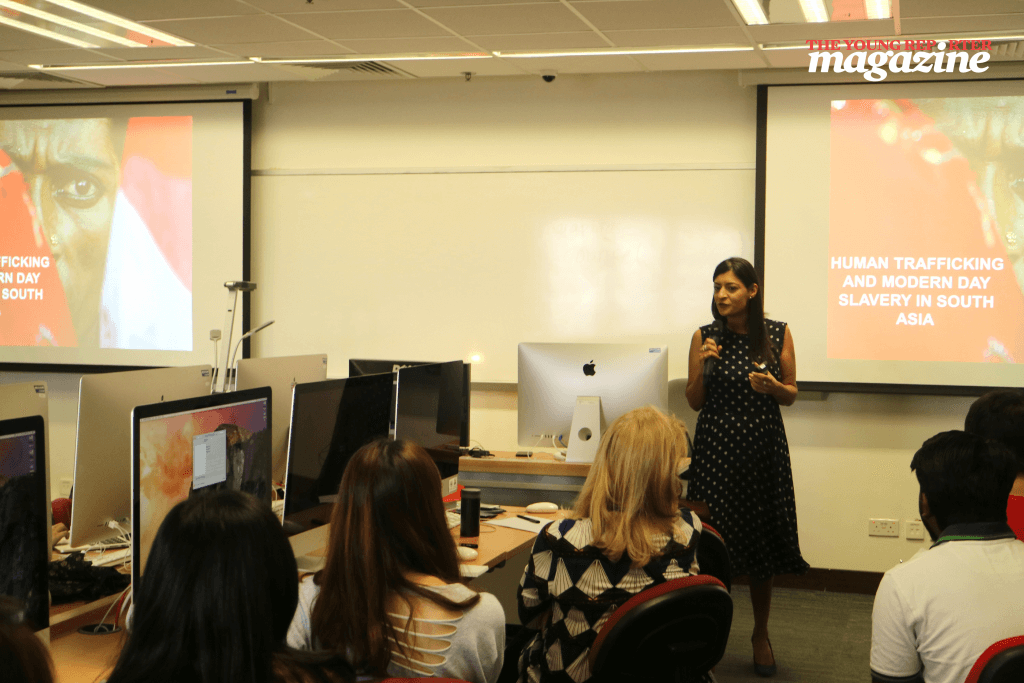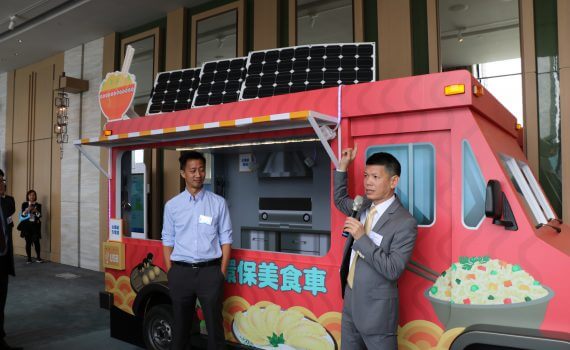The Silent Struggle of Trafficking and Slavery victims in South Asia
- By: Erin ChanEdited by: Winnie Ngai、Jianne Soriano
- 2017-10-26
Reporters: Erin Chan and Sherry Zhu Editors: Jianne Soriano and Winnie Ngai
The HKBU-SOPA Award Winners Forum has invited Nita Bhalla, a South Asia correspondent at Thomson Reuters to talk about Human Trafficking and Modern Day Slavery in South Asia at Hong Kong Baptist University this Thursday.

Human trafficking is the second largest crime in the world with about 32 billion people fall victim to it every year, according to Bhalla.
About 60 per cent of human trafficking victims are women and children, especially in North Africa and South East Asia. Six hundred thousand to 8000,000 people are trafficked across international borders every year. Worse still, the average price of a slave has increased from $40,0000 to $90,0000 today.
As Bhalla explained, modern slavery comes in different shapes and sizes. The common ones include forced marriage, commercial exploitation, sexual exploitation and debt bondage.
"In the US, prisoners being forced to work may be considered as a form of contemporary slavery. Likewise, children working in the agricultural sector in Pakistan, which is required by law, can also be counted," said Bhalla.
"People being trafficked were told that they get to work in a nice and wealthy home, you get three meals a day. But most cases is that they have to work 24/7, they may have no food and freedom of movement," she added.
She added that having documents withhold is one common practice among people bounded by slavery.
"In the Gulf State, for example, there is this Kafala system in which employers can take away your passports for two years. The employer worries that slaves may switch jobs and therefore pay in advance to an agent so that the employee immediately becomes a bonded worker, " said Bhalla.

Bhalla illustrated her experience of witnessing a 19-year-old girl struggling in silence, who she hired as a maid during her stay in India.
"Neha has no say on her salaries which is deprived by her intermediary."
"The time when I refused to give the intermediary Neha's salaries, he started getting aggressive and dragged her out of my house. I have never seen her since then," she said.
She went into the articles covered in Reuters about trafficking and slavery victims in India and Nepal. Some of the ones interviewed are deprived of personal freedom, while some are raped victims and lost their limbs due to conflicts with their employers.
Bhalla offered tips and advice to students on how to interview victims of these traumatic experiences, such as explaining your goals of the interview and preparing the interviewees of what lies ahead, being aware of the possibility for emotional distress to occur and granting the victim more control over the story process.
Bhalla is currently based in New Delhi, India and focus on covering news of deprivation of human rights in India.
《The Young Reporter》
The Young Reporter (TYR) started as a newspaper in 1969. Today, it is published across multiple media platforms and updated constantly to bring the latest news and analyses to its readers.

Hip-hop geeks leap forward with local rap battles

Hong Kong's first solar-powered food truck wins catering award




Comments